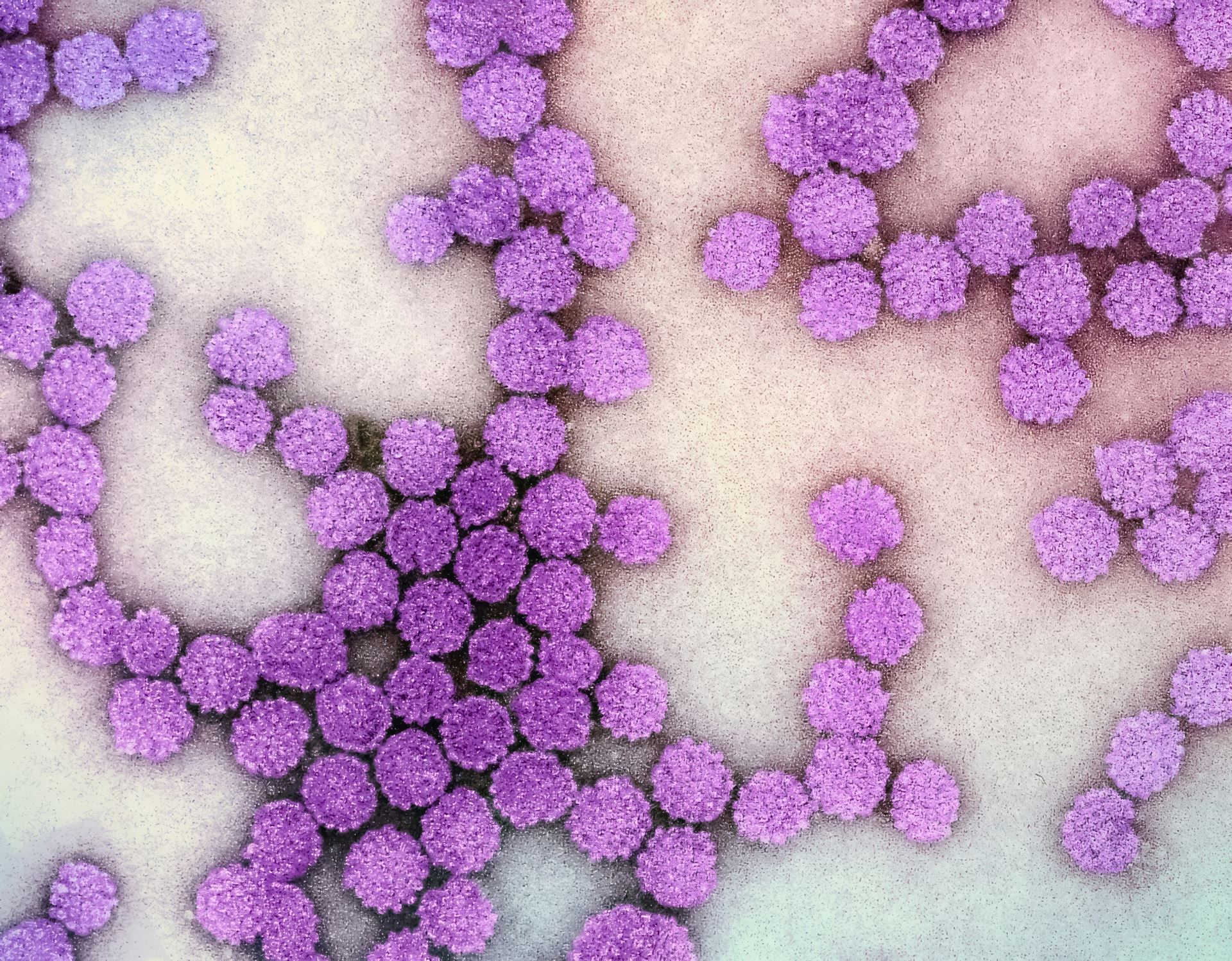Vaccinations
Routine Childhood Immunisations
When to immunise |
Diseases protected against |
Vaccine given |
Site** |
| Two months old | Diphtheria, tetanus, pertussis, polio, Haemophilus influenzae type b (Hib) and hepatitis B | DTaP/IPV/Hib/HepB (Pediacel) | Thigh |
| Pneumococcal disease | PCV (Prevenar 13) | Thigh | |
| Meningococcal group (MenB) | MenB (Bexsero) | Left thigh | |
|
Rotavirus |
Rotavirus (Rotarix) | By mouth | |
| Three months old | Diphtheria, tetanus, pertussis, polio, Hib and hepatitis B | DTaP/IPV/Hib/HepB (Infanrix hexa) | Thigh |
| Rotavirus | Rotavirus (Rotarix) | By mouth | |
| Four months old | Diphtheria, tetanus, pertussis, polio, Hib and hepatitis B | DTaP/IPV/Hib/HepB (Infanrix hexa) | Thigh |
| Pneumococcal disease | PCV (Prevenar 13) | Thigh | |
| Meningococcal group (MenB) | MenB (Bexsero) | Left thigh | |
| Between 12 and 13 months old – within a month of the first birthday | Hib/MenC | Hib/MenC (Menitorix) | Upper arm/thigh |
| Pneumococcal disease | PCV (Prevenar 13) | Upper arm/thigh | |
| Measles, mumps and rubella (German measles) | MMR (Priorix or MMR VaxPRO) | Upper arm/thigh | |
| Meningococcal group (MenB) | MenB booster (Bexsero) | Left thigh | |
| Three years four months old or soon after | Diphtheria, tetanus, pertussis and polio | dTaP/IPV (Repevax) or DTaP/IPV(Infanrix-IPV) | Upper arm |
| Measles, mumps and rubella | MMR (Priorix or MMR VaxPRO)(check first dose has been given) | Upper arm | |
| Girls aged 12 to 13 years old | Cervical cancer caused by human papillomavirus types 16 and 18 (and genital warts caused by types 6 and 11) | HPV (Gardasil) | Upper arm |
| Around 14 years old | Tetanus, diphtheria and polio | Td/IPV (Revaxis), and check MMR status | Upper arm |
| Meningococcal groups A, C, W and Y disease | MenACWY (Nimenrix or Menveo) | Upper arm |
** Where two or more injections are required at once, these should ideally be given in different limbs. Where this is not possible, injections in the same limb should be given 2.5cm apart.
Protecting Your Baby Against Meningitis And Septicaemia
Information About The MenB Vaccine And Paracetamol Use
From September 2015, a vaccine has been available as part of the NHS childhood immunisation programme, to help protect against MenB disease. Babies will be offered the MenB vaccine the the other routine vaccinations at two months, four months and 12 months of age. Vaccinating babies at these times helps protect them when they are most at risk of developing MenB disease.
Using Paracetamol To Prevent Fever In Babies After The MenB Vaccination
Fever can be expected after any vaccination, but is more common when the MenB vaccine is given with the other routine vaccines at two and four months. The fever shows the baby's body is responding to the vaccine, although not getting a fever doesn't mean it hasn't worked.
Giving paracetamol will reduce the risk of fever after vaccination. Your nurse will give you more information about paracetamol at your vaccination appointment.
Infant paracetamol should be on your essential shopping list in preparation for your baby's arrival. If you do not have any paracetamol liquid for infants at home you should get some from your local pharmacy or supermarket ready for your two month vaccination visit.
MenB Disease
MenB disease is a serious illness caused by the 'B' strains of meningococcal bacteria. These bacteria are a major cause of meningitis (inflammation of the lining of the brain and spinal cord) and septicaemia (blood poisoning) in young children.
The MenB Vaccine
This vaccine is being offered in addition to the MenC vaccine which is given at three months of age and which has been successful at protecting children against MenC disease but does not protect against other strains of meningococcal bacteria. The MenB vaccine will not protect against other bacteria and viruses that can cause meningitis and septicaemia. So if you are at all concerned about your baby at any time, then trust your instincts and speak to your GP or call 111. Additional information and advice on the use of paracetamol following your baby's MenB vaccination will be provided at your baby's routine immunisation appointment.
Further information is available at: www.nhs.uk.
Page created: 06 December 2019
